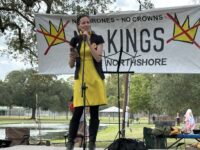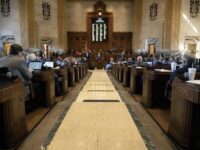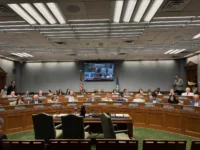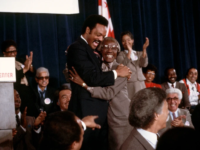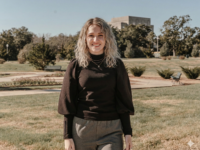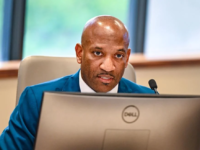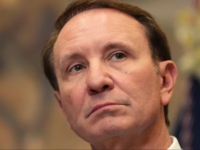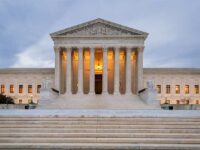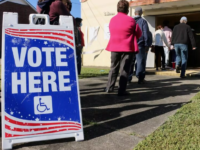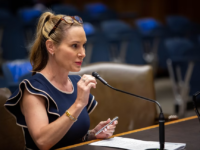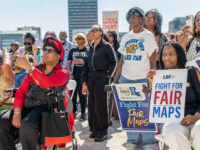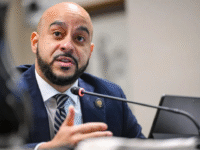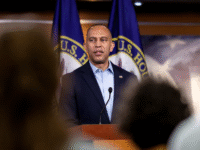In the race for St. George’s at-large city council seat, Navy veteran and finance professional Shaunn Wyche isn’t running to make headlines. He’s running to make local government make sense for the people who live there — people like him.
A father, neighbor, and recent arrival to the newly incorporated city, Wyche’s campaign is grounded in a simple idea: that residents deserve transparency, accountability, and a meaningful say in the decisions shaping their community.
From Navy Service to Neighborhood Advocacy
Originally from New York, Wyche enlisted in the Navy at 18 and later earned a finance degree from Jacksonville University. For the past two decades, he’s worked in the finance and auto industries. He moved to St. George in 2020, a decision rooted in family—and the promise of opportunity.
“What inspired me to run were my children,” Wyche says. “This community rallied around my son after the pandemic, and now I want my daughter to have the same opportunities he did. I love this community, and I want to do my part to keep it great.”
That sense of responsibility is what propelled Wyche, a Democrat, into the race for one of two at-large city council seats. In the March primary, he garnered 20% of the vote, enough to advance to a May 3 runoff against Republican Jim Talbot. David Dellucci, a Republican, secured the other seat outright.
Transparency, Budget Accountability, and Public Engagement
If elected, Wyche says his first order of business will be to push for more transparency — starting with how city council members are paid and how St. George plans to structure services through its intergovernmental agreement with East Baton Rouge Parish.
“We just had a vote on the most controversial topic, which is the salaries for the council members, and there’s not an understanding of why such large salaries,” he said. “People don’t know what’s happening or why. That has to change.”
He’s also critical of how negotiations over the city’s service agreement with the parish have been conducted largely behind closed doors. “They haven’t talked about what the ultimate plan is. There’s been no public interaction. That’s not the way to build trust.”
Wyche is clear-eyed about fiscal responsibility, emphasizing the need to keep taxes low and align spending with residents’ needs. He envisions an open budget process that allows citizens to weigh in directly. “My guiding star is I’m not going to support anything that prices me out of my own neighborhood,” he says.
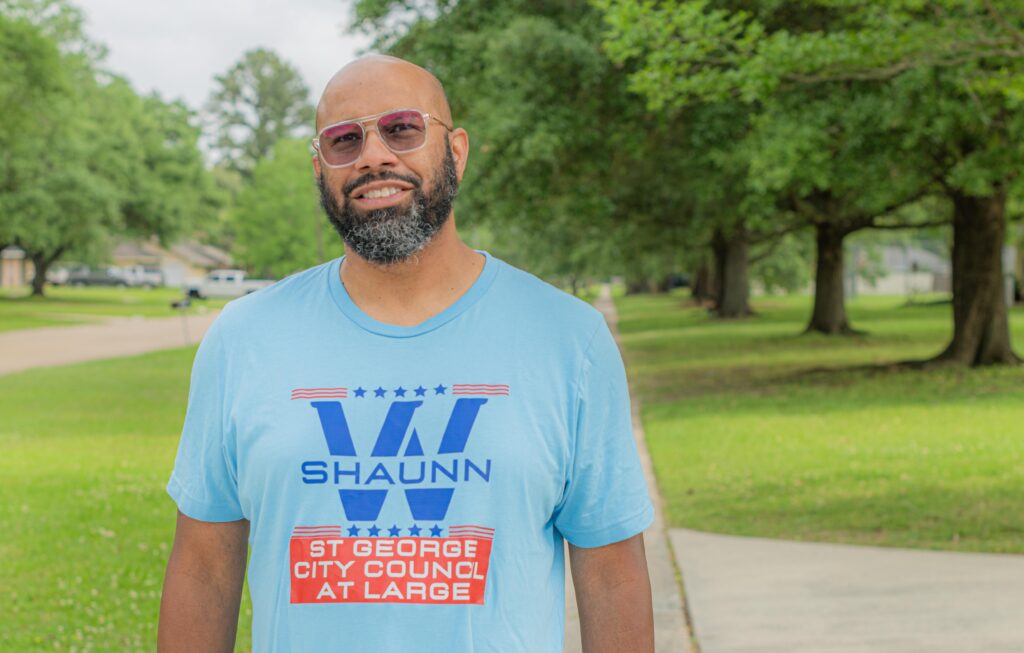
A Candid Conversation on Race, Representation, and St. George’s Future
St. George’s formation was steeped in controversy, with critics charging that the city’s incorporation effort was driven by a desire to secede from East Baton Rouge Parish’s increasingly diverse public school system. As a Black man running for office in a city formed under those circumstances, Wyche isn’t dodging the elephant in the room.
“I recognize that perception,” he says. “But here’s the benefit of moving here in 2020: I don’t have all the baggage. I wasn’t part of the arguments and fights that happened beforehand. I chose this community.”
Wyche says he brings a perspective shaped by his experience as a Black man, a father, and a working-class resident—and he believes that perspective is valuable. “There’s more than one type of person in this city. I’ve been showing up, going to meetings, and speaking up on things that affect all of us — like roads, schools, and public safety.”
He also pushes back on the idea that St. George’s success must come at the expense of the broader parish. “If East Baton Rouge fails, so does St. George. And vice versa. We have to work together.”
Building Power From the Ground Up
Wyche says his campaign is powered not by political machines or deep-pocketed donors, but by neighbors and family members pitching in what they can. He says his campaign finance filings reflect that grassroots support — and he wears that as a badge of honor.
“I’m proud of how we’ve run this campaign. It’s about building relationships and being of service. That’s what public service is supposed to be.”
One of Wyche’s top priorities if elected is to create a local initiative and referendum process that would allow residents to propose and vote on ordinances directly — giving people a faster, more responsive path to change.
“We need to be dynamic,” he says. “People shouldn’t feel powerless between elections.”
The Road to May 3
With the runoff just around the corner – early voting started on April 19 and continues until the 26th – Wyche is doubling down on his message: transparency, representation, and putting power back in the hands of residents.
“I’m your neighbor. I’m a dad with a kid in the public school system. I have questions, and I know you do too. I just want to be the voice at the table asking those tough questions.”


